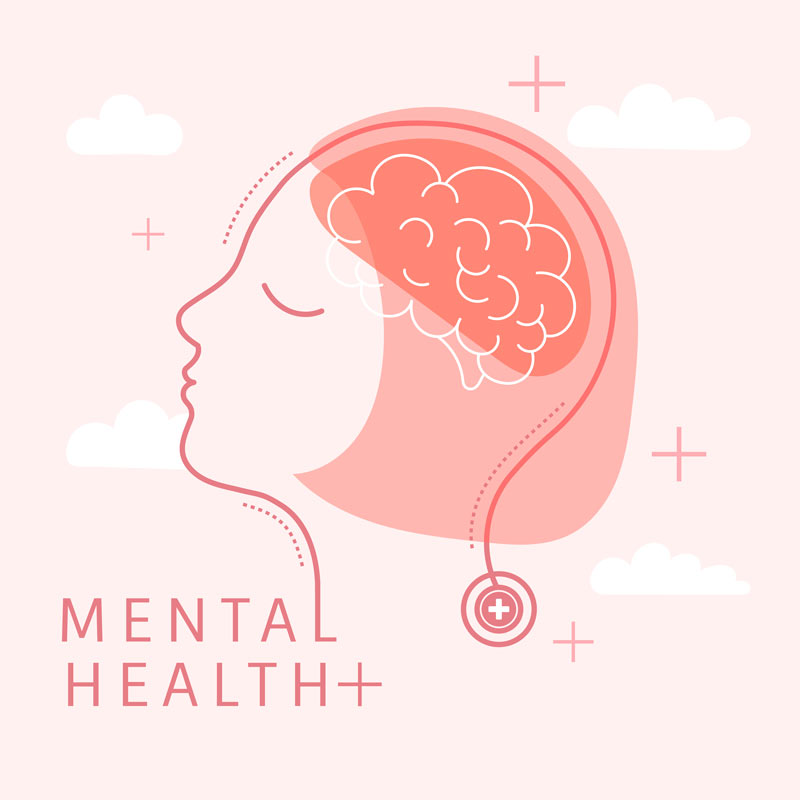Have you ever felt overwhelmed by stress, struggled to cope with daily tasks, or experienced persistent feelings of sadness or anxiety? Mental health issues affect millions of people worldwide, impacting how we think, feel, and interact with the world around us.
The good news is that mental health conditions are treatable, and with the right knowledge and support, you can live a fulfilling and happy life.
Visit a mental health center in Brooklyn—get support now!

Different Forms of Mental Health Disorders
Understanding the broad spectrum of mental health issues is crucial for effective recognition and management. Here’s an overview of common and lesser-known mental health disorders:
- Depression: A prevalent condition characterized by prolonged sadness, loss of interest in daily activities, and significant impairment in daily life.
- Anxiety Disorders: This category includes generalized anxiety disorder, panic disorder, and social anxiety disorder, marked by excessive fear, unease, and physical symptoms like a rapid heartbeat and sweating.
- Bipolar Disorder: Known for its extreme mood swings, this disorder includes periods of intense mania and severe depression.
- Schizophrenia: A serious mental illness that affects a person’s ability to think clearly, manage emotions, make decisions, and relate to others. Hallucinations and delusions are common symptoms.
Understanding the Impact of Mental Health Disorders
Mental health disorders can profoundly affect all aspects of life, including personal relationships, education, and employment. Individuals may experience difficulties in social interaction, maintaining stability in daily tasks, and achieving their potential in various life areas.
Diagnosis and Treatment: Tailored Approaches
Diagnosis involves detailed consultations and may include psychological evaluations. Treatment is often multifaceted, including:
- Therapeutic Interventions: Such as cognitive-behavioral therapy (CBT), which helps patients manage problematic thoughts and behaviors.
- Pharmacotherapy: Medications can be essential for managing symptoms, particularly in conditions like bipolar disorder and schizophrenia.
- Lifestyle Modifications: Including regular physical activity, adequate sleep, and balanced nutrition can support overall well-being.
Prevention and Management Strategies
Preventive measures can reduce the severity of mental health issues, though they cannot always prevent them. Strategies include:
- Building Resilience: Developing strong interpersonal relationships and effective coping skills can help manage life’s challenges.
- Regular Mental Health Check-ups: Similar to physical health screenings, regular mental health evaluations can help catch issues before they fully develop.
- Community Support: Engaging with community resources can provide additional support and reduce the stigma associated with mental health issues.